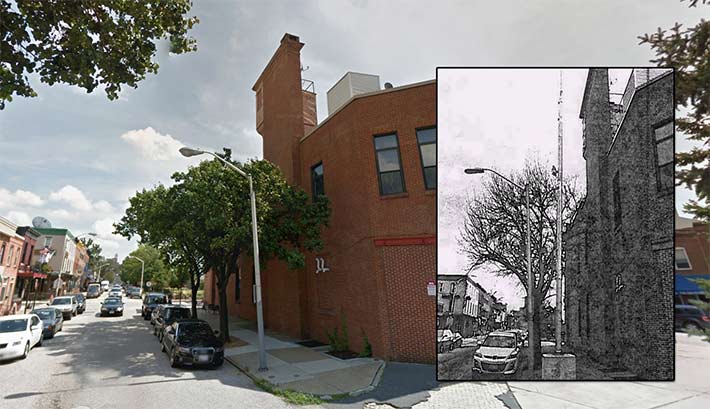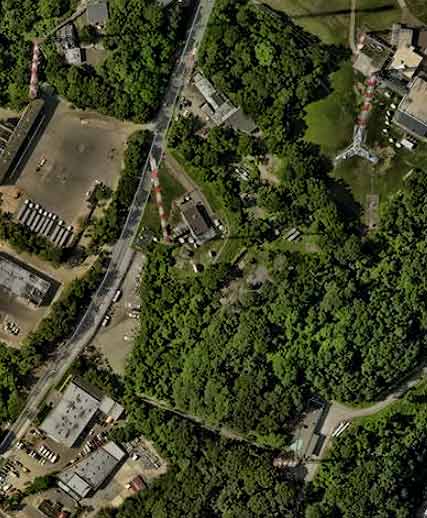
A cell site developer was fined $5,000 last month for constructing what appears to be a small cell without a permit, according to a citation document issued by the City of Baltimore, Md., and a Philadelphia, Pa. broadcaster was given an $89,200 fine for not allowing FCC agents on site to perform an inspection, and for being on a different American Tower Corp. tower than the one listed on its license.
The Department of Transportation for the City of Baltimore cited Mobilitie Intelligent Infrastructure, a subsidiary of Mobilitie, for excavating a street for a small cell pole without a permit on O’Donnell St., near the intersection of S. Linwood Ave.
Mobilitie is one of Sprint’s key small cell contractors.
According to a municipal telecom consultant, Mobilitie uses different limited liability companies owned by them when applying for permits.
The FCC imposed an $89,200 penalty against D.T.V., LLC, licensee of WPHA for failing to make its station available for “on-the-spot” inspections.

During the investigation, the FCC found that, according to WPHA’s license, the station had been authorized to operate only from another antenna structure that is also owned by American Tower, and is located 0.203 miles from the structure they are currently operating from.
According to the forfeiture order, the events leading to the fine go back to Aug. 17, 2011 when agents attempted to inspect the station’s main studio. Since the studio was inaccessible due to a locked gate, the agents called the station manager who said he could not facilitate an inspection because he was leaving for a doctor’s appointment and there was no one currently in the studio to let them in.
He was asked to call the agents back, but he never did, according to the FCC.
Two weeks later the agents returned and again attempted to inspect the studio and left after no one came to the gate after ten minutes. They returned in the afternoon and had a similar problem and a call to the station’s owner didn’t receive a return call. The inspectors also noted that there was no information posted at the gate to inform the public how to obtain access to the station.
On March 6, 2012, an agent used direction-finding equipment to locate where WPHA’s transmissions were coming from and discovered that it was coming from a tower located more than 0.2 miles from the one listed in the station’s license. Agents had determined that DTV had operated the station’s transmitter from the authorized location for approximately eight years.
DTV contested the fine, stating that the agents arrived earlier than the station’s normal operating hours. The FCC, however, disagreed, stating that their visit was during normal business hours and denied their appeal, stating that even if they were to arrive early, the station is required to have someone available inside the studio at all times of the day.
DTV also said that the discrepancy on the location of their transmitter was based upon faulty information provided by the tower owner, but the FCC said that even if it was, licensees are responsible for violations committed by third parties and agents acting on their behalf to comply with the rules.

















